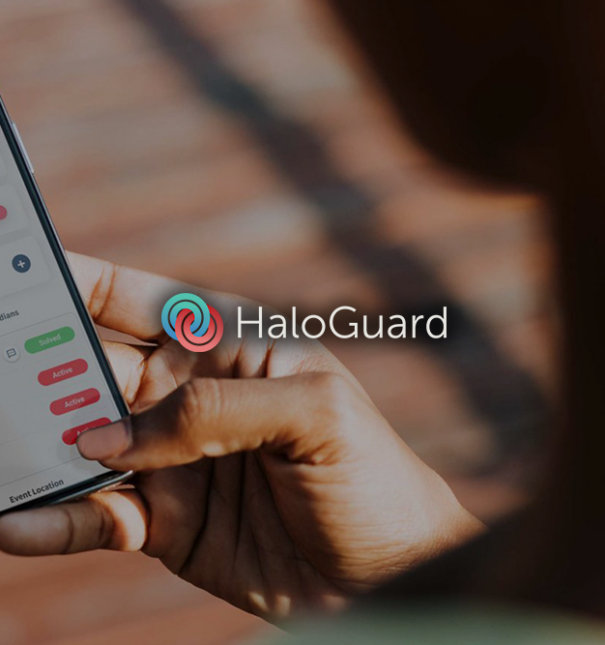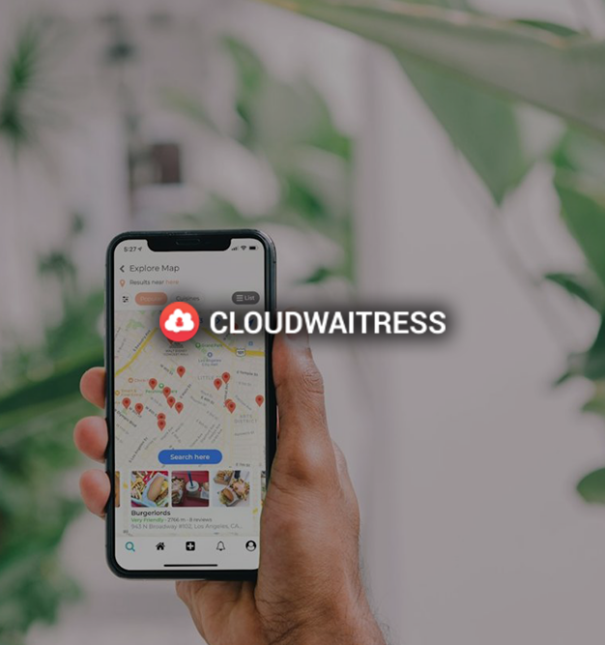Hybrid Development
How We Can Help
Hybrid apps are easier and cheaper to develop than native apps, and technologies like React Native and Flutter have made hybrid apps more popular.
With hybrid apps, you can have the best of both worlds with a single app that works on iOS and Android devices.
We will guide you with the best technology for your budget, timeline, target audience, functions, and required features.

What We Offer:
Cost
Sigle code base development and simply tweaking it a bit so it works on both platforms is the best advantage. As the time required to build the app is reduced, the overall investment for the application is reduced. These cost savings are beneficial for small businesses.
Maintenance
Initial development to maintenance is super easy with the Hybrid technology. While maintaining a Sigle code base encasement and any future updates lot easier to native. Also, A hybrid app doesn’t need to produce a new app whenever there is a new operating system released.
Scalability
Hybrid apps are easier to scale to another platform. Once built for one platform, can launch on another like Windows Mobile with ease.
Updates
Constant updates are released by the developers to fix bugs and other errors in a hybrid application. These updates do not need to get approval from the app store. Whenever there are changes in a hybrid app, the necessary results are shown immediately. Therefore, all the time the users are benefited from the latest version of the hybrid app with the newest updates.
Internet Requirement
Offline support is another plus point of a hybrid application. A hybrid application can work without an internet connection. Even some hybrid apps use local servers to store data. Hence, in case of a network disruption, the data can be accessed once the connection is restored. This is especially convenient for people in rural locations without a reliable internet connection.
Platform Support
Hybrid apps on default are designed for multiple platforms. Unlike native apps, there is no need to build the app separately for each operating system. Multiple operating systems can be supported with a single code base. For example, hybrid apps can be installed on two different devices with Android and IOS operating systems. This allows users to target a larger audience base.
Hybrid Development projects
Lets create something extraordinary. Partner with us.
Start by saying hello


